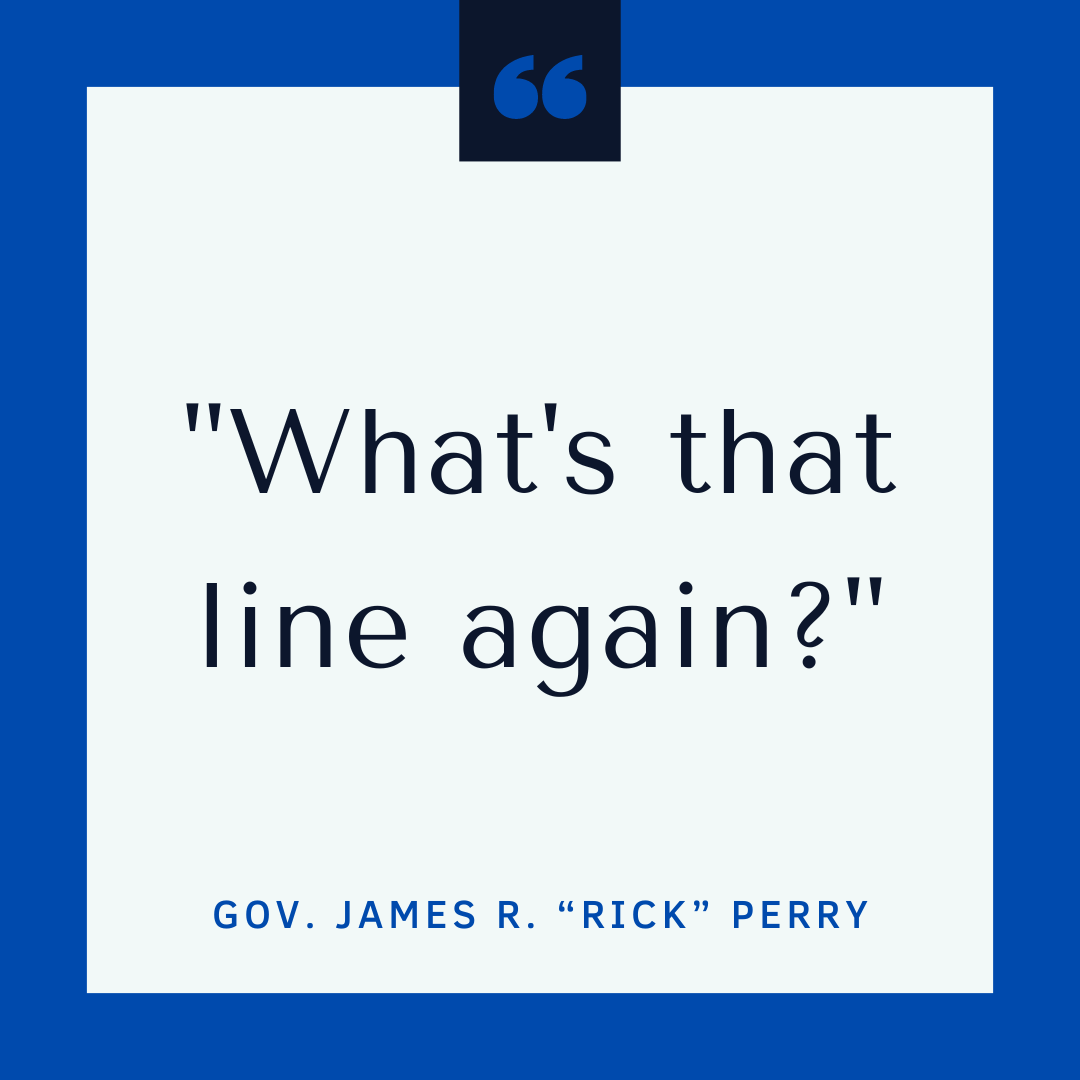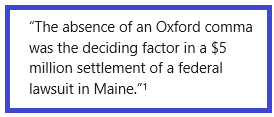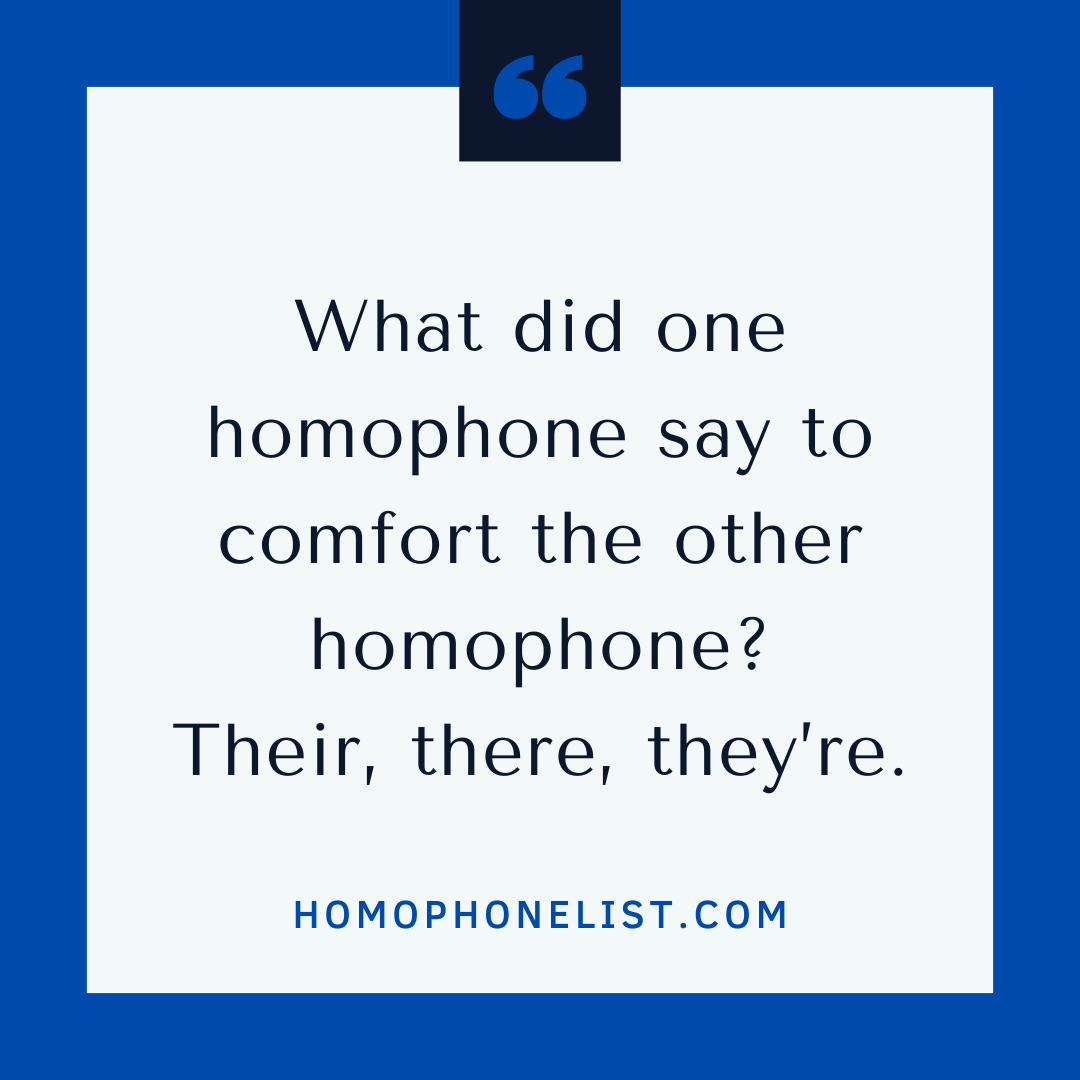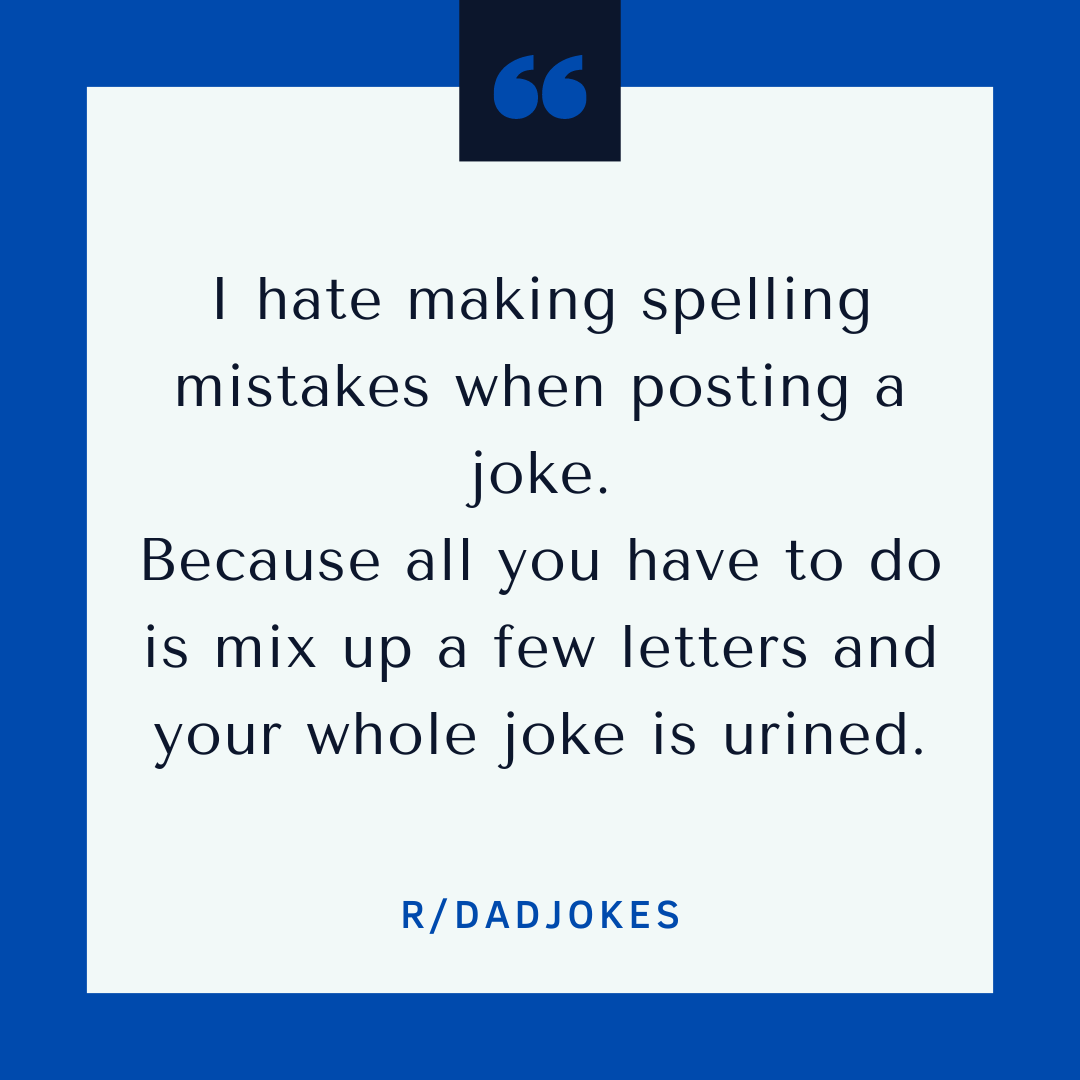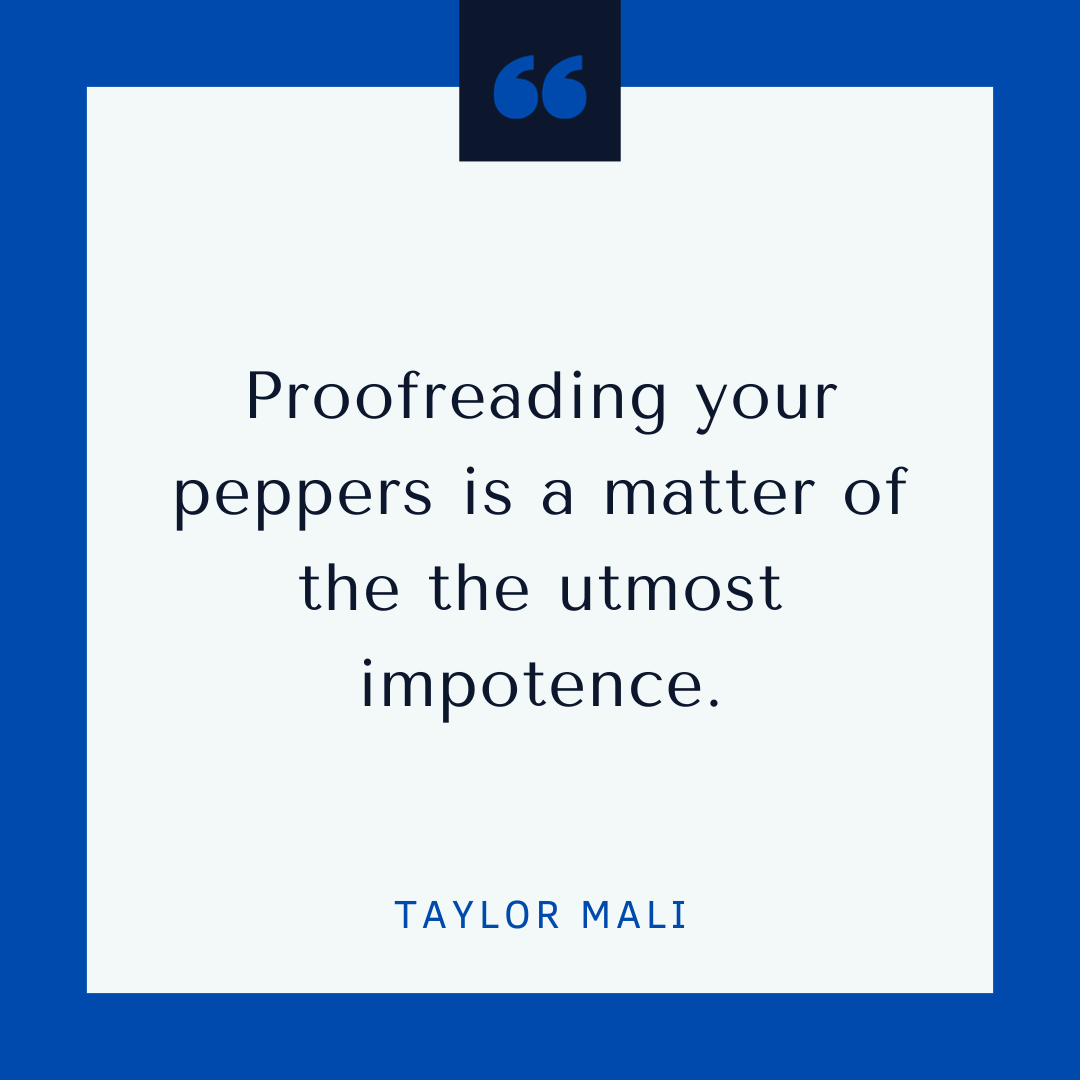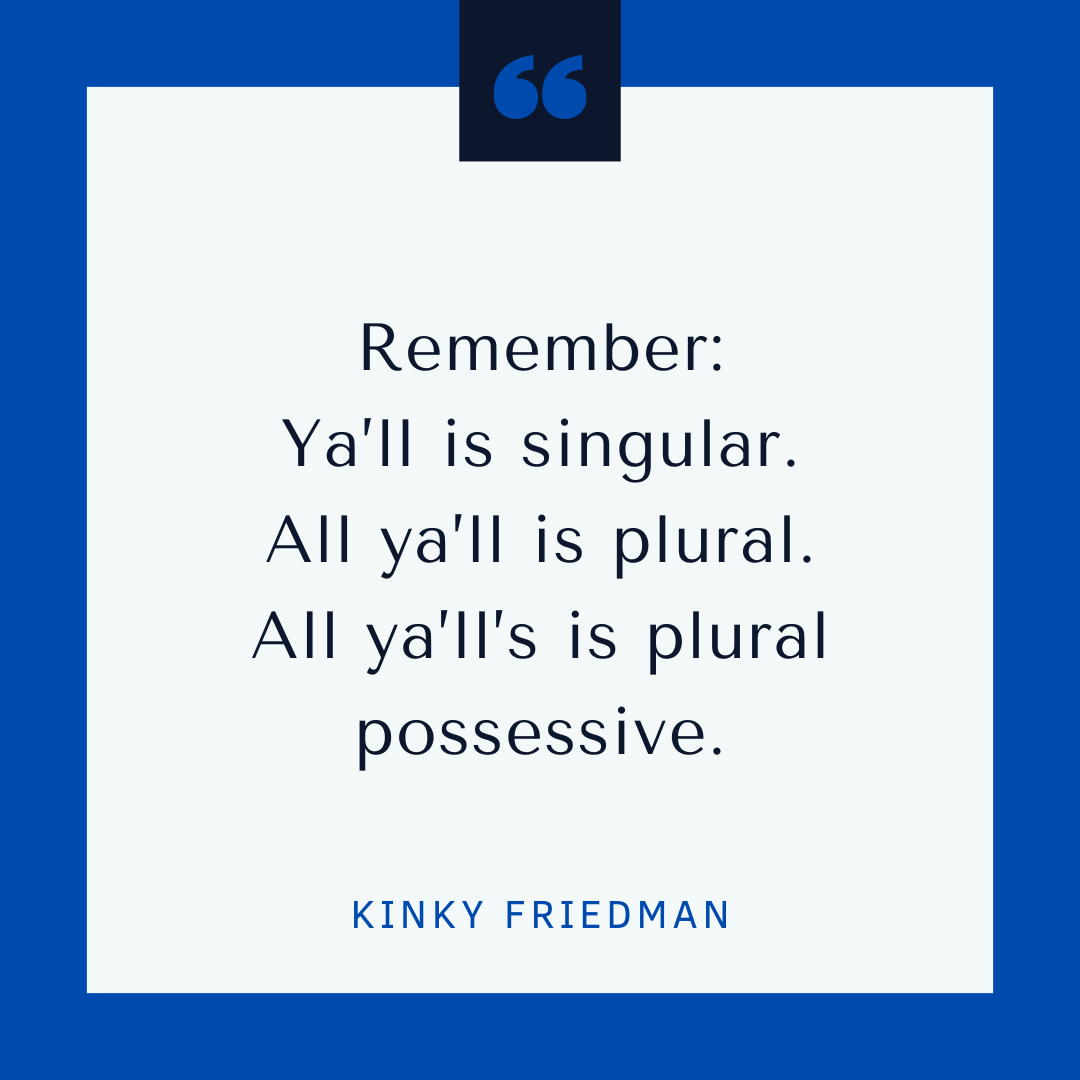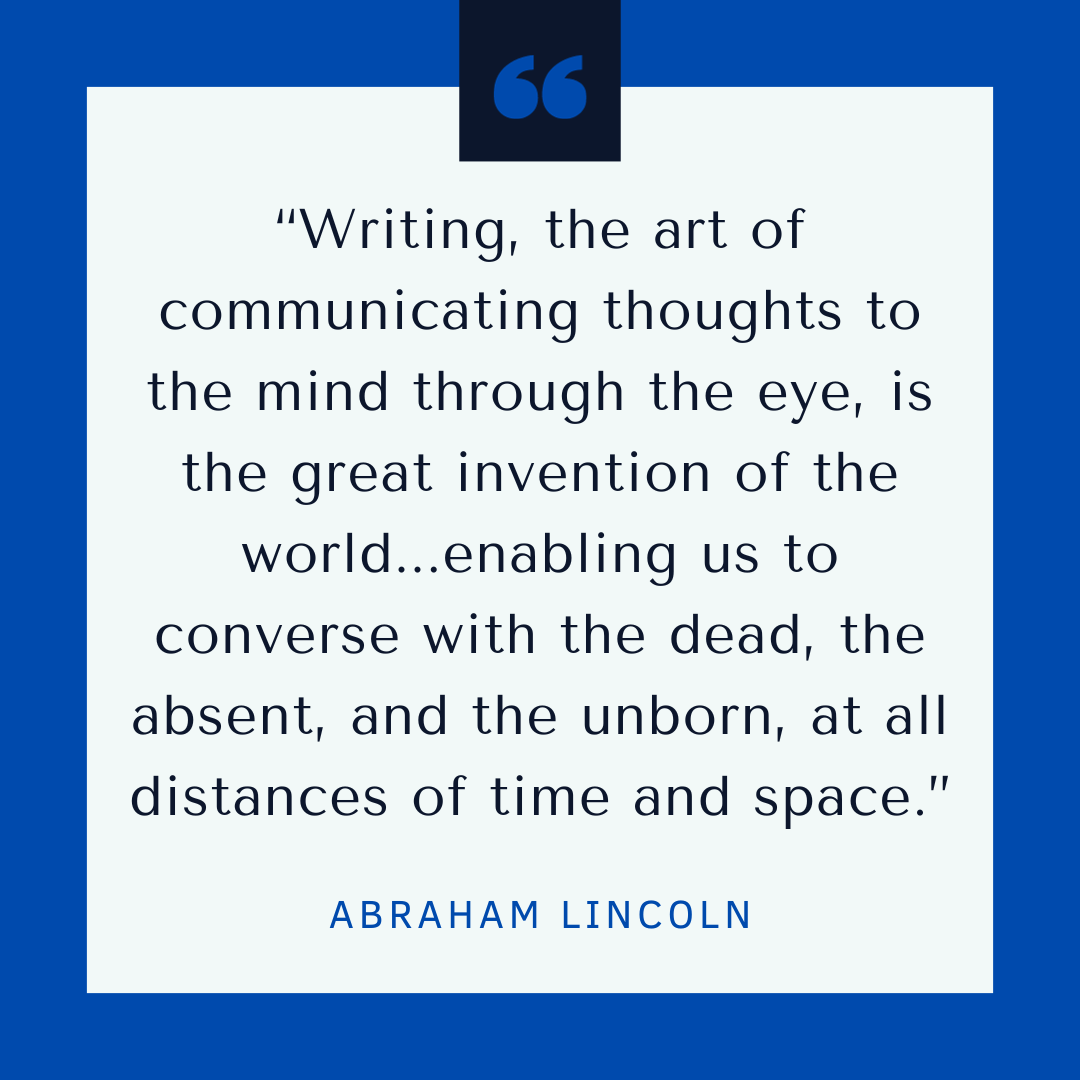Aka Becoming Famous for “Potatoe”*
Imagine your name is Phil. To make this theoretical scenario more believable, let’s give you a last name: Jamieson.
Phil Jamieson. I just pulled that out of thin air.
I want you to be able to picture yourself clearly, so I’ll say you’re 6'8" and you have a dashing head of hair. You’re also running for Congress, Phil. You need votes, lots of them.
You hire a brilliant political campaign manager with years of experience. She knows all the slick moves, all the ways to undercut your opponents, every smart strategy behind plowing your way to the top.
Your campaign manager picks a brilliant theme song (Born in the U.S.A.) and outlines a content production plan, including ads for every medium, compelling speeches, and made-in-Hallmark photo ops. She’s got the 411 on every development in your opponents’ campaigns before they happen. She’s a regular networking powerhouse. She’s even got the dirt—the sleezy shenanigans the other side doesn’t want anybody to know about—in her back pocket. In other words, Phil, you’re a shoo-in.
And then it all falls apart.
Because your ads are full of snafus. They’re rife with redundancies. They’re torn asunder by typos.


